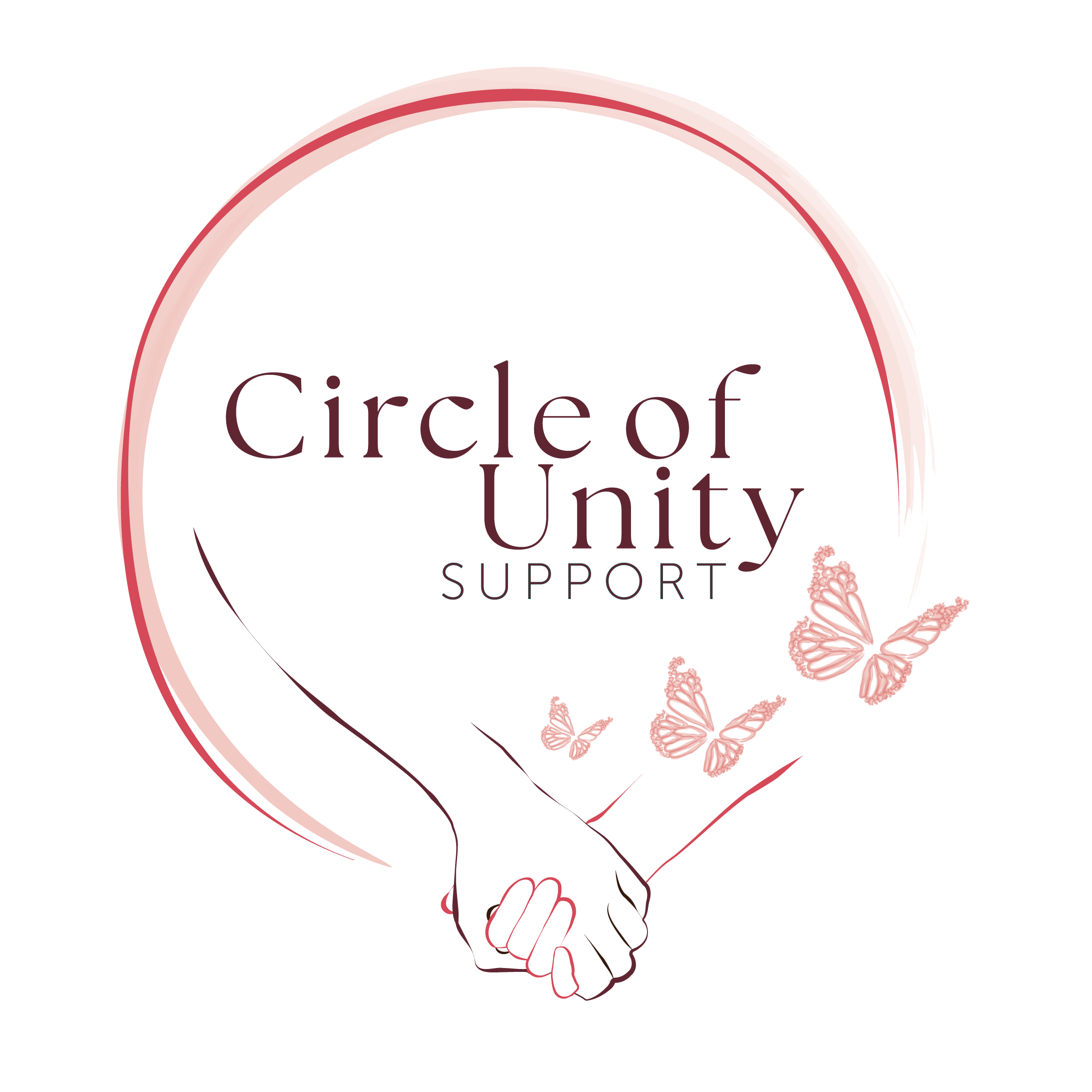
In honor of Domestic Violence Awareness Month, I’m opening up about my journey of surviving emotional abuse in military families. For years, I didn’t realize that what I was going through was abuse because it wasn’t physical. Emotional manipulation, verbal threats, and living in constant fear are common forms of emotional abuse in military families that can leave scars just as deep as physical wounds.
In my case, the abuse often worsened when alcohol was involved. I walked on eggshells, constantly apologizing for things I didn’t do while praying for peace in the house. I didn’t want to tell anyone, fearing the impact it could have on his military career—and I felt isolated, not knowing where to turn for help.
Understanding Emotional Abuse: The Hidden Domestic Violence in Military Families
When most people think of domestic violence, they picture physical abuse. But as I’ve learned, emotional abuse in military families doesn’t have to be physical to be devastating. Emotional and mental abuse can slowly break you down, leaving invisible scars that are just as painful and long-lasting.
At first, I blamed the alcohol, thinking it was just a bad habit he’d eventually overcome. But things escalated. Verbal threats, guilt trips, and manipulation became part of my daily life. I tried to keep the peace by doing whatever I could to avoid the next outburst, even if that meant apologizing for things I hadn’t done. I believed that supporting him more would change things. But deep down, I knew something was wrong. I stayed silent, fearing the consequences of speaking out—for both of us, especially for his military career.
Silent Struggles: Feeling Alone and Protecting a Military Career Amid Domestic Abuse
Living through emotional abuse in military families can feel incredibly isolating. I constantly questioned myself—wondering if I was overreacting or being too sensitive. I blamed the alcohol, his PTSD, and the stress of military life, but deep down, I knew the situation wasn’t normal.
Despite knowing something was wrong, I stayed quiet. I was terrified of what people might think, and more than that, I feared what could happen to his military career if I spoke up. In trying to protect him, I lost pieces of myself.

Breaking Free from Fear: Overcoming Emotional Abuse in Military Families
One of the most challenging aspects of emotional abuse in military families is the constant fear of escalation. I never knew what would set him off, and I constantly hoped for a day of peace. But the peace I prayed for never lasted long. His mood swings and verbal threats kept me in a state of constant anxiety, and I found myself apologizing to avoid conflict.
Eventually, I realized that no patience or apologies could change someone who didn’t want to change. His PTSD and alcohol use were just part of the issue—the control, manipulation, and fear were much bigger problems. I knew I couldn’t keep living in that cycle.
Raising Awareness and Offering Support
This Domestic Violence Awareness Month, I’m sharing details of my story at a virtual event titled “My Journey: Domestic Violence within the Military/Veteran Community.” Alongside other peer leaders, we’ll share our experiences to shed light on the hidden realities of emotional abuse in military families. I’ll dive deeper into my journey, from feeling trapped to finding the strength to speak out and how others can do the same.
Hosted by the Veteran Spouse Network, this event is an essential opportunity to raise awareness and offer support to those in need. Resources are available for those currently experiencing emotional, mental, physical, or financial abuse. The National Domestic Violence Hotline provides 24/7 support and can connect you with local services. The Veteran Spouse Network also offers a supportive community for military/veteran spouses to share their experiences and receive referrals for additional help.
You Are Not Alone: Resources for Help
If you or someone you know is facing physical or emotional abuse in military/veteran families, it’s important to remember you’re not alone. Here are some resources that can provide immediate support:
- National Domestic Violence Hotline: Available 24/7, this service connects you with trained advocates who can offer guidance and support. Visit thehotline.org for more information.
- Veteran Spouse Network (VSN): Although VSN doesn’t offer clinical services, it provides a supportive space where military spouses can share experiences and connect with others who understand their struggles.
- Connect with Me: If you feel alone or need someone to talk to, I invite you to connect directly through Companion Connect for support and understanding.
Speaking out is the first step to healing. You deserve to feel safe, supported, and free from fear.

Final Thoughts: A Call to Raise Awareness
This October, let’s come together to raise awareness about the various forms of domestic violence, especially within military families. Whether you’re a survivor, a friend, or an ally, your voice can make a difference. By sharing stories, supporting survivors, and spreading awareness, we can help break the silence that allows abuse to persist in the shadows.
Help spread the word: If you or someone you know could benefit from this story, share it on social media. Together, we can raise awareness about emotional abuse in military families and support those who need it most. Together, we can make a difference.

